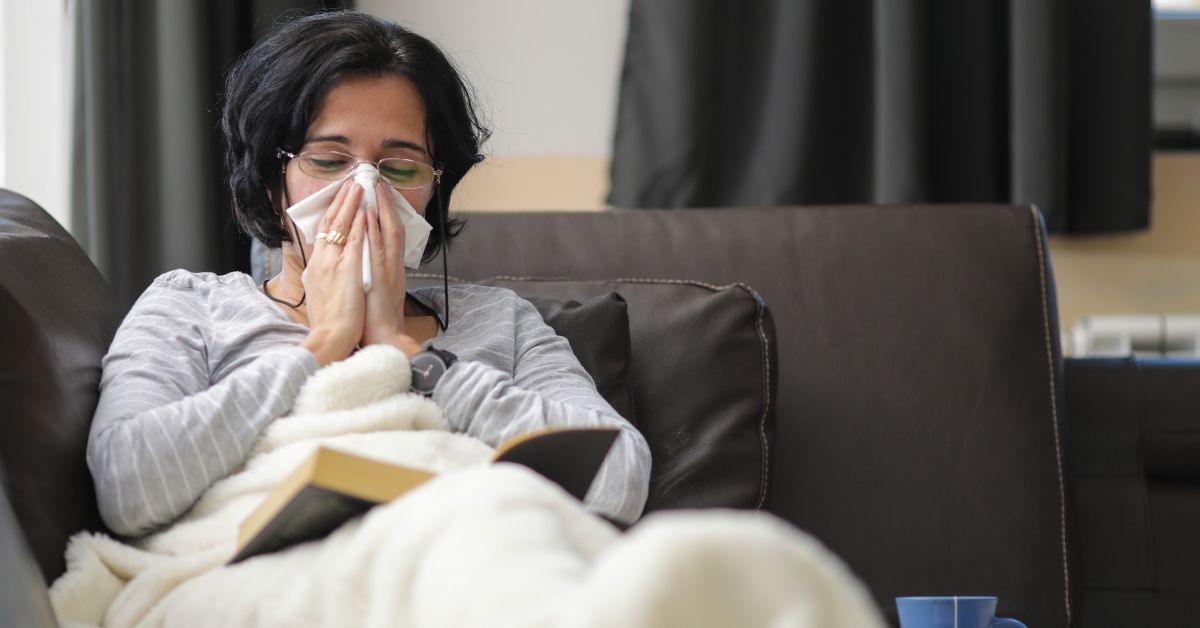Did you know that lung cancer is the leading cause of cancer deaths nationwide in both men and women?
Despite this fact, 13 percent of Americans still report themselves as smokers. While the best methods of lung cancer prevention are to never smoke in the first place or to quit if you are a current smoker, screening for lung cancer is a critical tool to catch cancer early if you do develop it.
“Lung cancer frequently doesn’t cause a lot of symptoms in the early stage,” Christy Sine, MD, a pulmonologist at Bon Secours Palmetto Pulmonary and Critical Care, shares. “Since we typically don’t have symptoms we can look out for, it’s very hard to find lung cancers early. However, when lung cancers are found early, that is when your chances for cure and survival go way up.”
How does smoking affect your respiratory system and lungs?
Your respiratory system includes all the tissues and organs involved in breathing. Some important parts of the respiratory system include the airways, the lungs and the muscles that make your lungs work and the blood vessels.
Cigarettes contain thousands of chemicals. One chemical in cigarettes, called carbon monoxide, can interfere with the amount of available oxygen in your lungs. Another chemical, called acrolein, is produced when tobacco is burnt. It can irritate your nose and throat and damage your lungs, which can lead to coughing and shortness of breath. Some cigarettes contain bronchodilators. These chemicals open your airways, which can invite other toxic chemicals in cigarettes to reach your lungs.
Another way smoking affects your respiratory system is by destroying the cilia in your airways. Cilia look like tiny hairs, and they work to filter dirt and mucus to keep your lungs clean. Damage to cilia can lead to a chronic condition called smoker’s cough.
The term “smoker’s lungs” is a blanket term to describe all the ways that smoking can affect your lungs. Long-term smoking destroys tissue and blood vessels in your lungs. Smoking also puts you at high risk for lung cancer – in fact, your chances of getting lung cancer are 20 times higher than your non-smoking counterparts.
Screening for lung cancer saves lives
If you are a current smoker or have smoked in the past, it is recommended you talk to your primary care provider about the criteria for lung cancer screenings. These help diagnose lung cancer during this early stage when symptoms are not present.
While chest X-rays can be done to help identify damage caused by smoking, they are no longer recommended for diagnosing lung cancer. The only recommended test used in screening for lung cancer is a low-dose computed tomography, or LDCT, scan. While they are quick and not painful, there are some risks involved, such as a small amount of radiation exposure and possible false positive and negative results.
Qualifying for lung cancer screening
The U.S. Preventative Services Task Force has recently changed the requirements to qualify for lung cancer screenings to make them more available. For smokers, the age has been lowered from 55 to 50, making the age range where lung cancer screening is recommended ages 50 to 80 years old.
Additionally, there has been a decrease in the pack year number requirement from a 30-pack year to a 20-pack year history. A pack year is smoking about one pack a day for a year; so, a 20-pack year is smoking approximately a pack of cigarettes per day for 20 years. However, the task force still recommends a lung cancer screening test each year until the patient has quit smoking for 15 years.
As new research has become available, it shows that women and African Americans may be at a higher risk of developing lung cancer than others, even with a shorter history of smoking. Adjusting the current requirements to be eligible for a screening enables a wider range of the population to get screened, including at-risk individuals who would not have met the requirements prior to the change.
“It is now more broadly inclusive, allowing for screening patients that we would have said don’t meet criteria before,” Dr. Sine says.
When to talk to your doctor
Regardless of whether you still smoke or quit smoking years ago, early detection of lung cancer can drastically improve your chances of survival. If you meet the qualifications or have noticed any symptoms of lung cancer, talk to your doctor about whether screening for lung cancer is right for you.
Learn more about lung cancer as well as the cancer care services we offer at Bon Secours. Also, learn more about tobacco addiction and ways you can start the quitting process.





